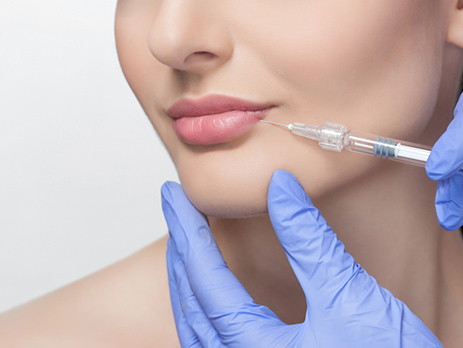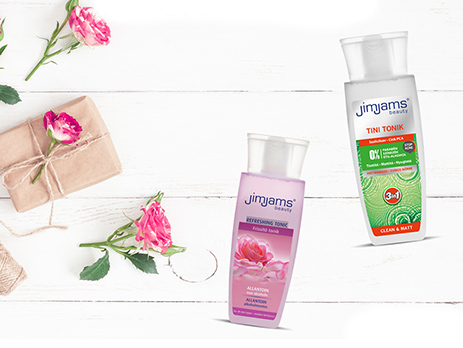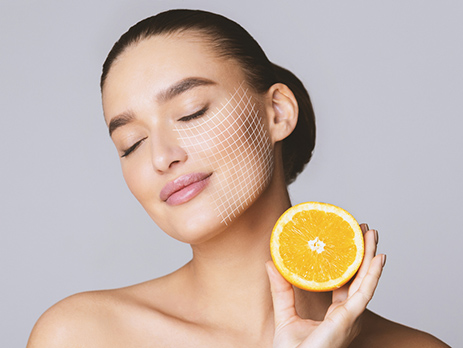10 facts about hyaluronic acid
As a professional in the beauty industry for more than a decade, I regularly receive skin care questions from the company’s clients, friends and relatives. What cosmetics should I use? What active ingredient should I apply to this and that skin type? Or what is the key active ingredient of a particular skin problem?
Answering these and similar questions is always a challenge, because in addition to classical materials, one has to take into account the latest research results. So it is not enough to rely only on information recorded long ago, but you also need to research and investigate the topic in order to be up-to-date.
One of my favorite active ingredients is hyaluronic acid, which I myself use to maintain proper hydration of my skin.
So with this week’s blog post, we’re taking a look at this versatile active ingredient.
So let’s look at the facts about it:
- Hyaluronic acid molecules are important components of dermis, especially connective tissue, fillers of the space between collagen and elastic fibers.
- Hyaluronic acid ensures the water-binding capacity of the collagen fiber network, which makes up about 70% of the dermis, and thus its hydration. (about 15-18% of the total body water content is found in the skin)
- Hyaluronic acid is produced naturally in connective tissue cells and fibroblasts.
- It is an important component not only of connective tissue, but also of eyes, muscles and articular fluid, where it acts as a “lubricant” to ensure their trouble-free movement. It is responsible for the elasticity, water absorption and fluid binding capacity of our tissues.
- It also has anti-oxidant, anti-inflammatory and antibacterial effects, enhances wound healing.
- Replacement is possible through the skin in the form of skin lotions, oral capsules and topical injections.
- The production of hyaluronic acid decreases year by year with age. However, its formation halves after the age of 40, and by the age of 60 it falls to 10% of the original value.
- Hyaluronic acid supplementation should be started at a very young age, at the earliest at the age of 20, but no later than from the age of 30 in order to preserve the condition of the skin and the elasticity of other tissues.
- It can bind up to 1000 times its own weight as water, making it one of the best substances for boosting skin hydration.
- Hyaluronic acid is a large molecule substance weighing more than 1000,000 Daltons that normally cannot pass through the skin. In modern cosmetics, it is used in fragmented form (broken hyaluronic acid chain for smaller size) for perfect absorption.
No wonder, then, that this substance is one of the most widely used active ingredients in skin rejuvenating cosmetics or mesotherapy ampoules. In addition to protecting the health and elasticity of our skin, it helps maintain its normal balance, thus providing an excellent “breeding ground” for further regenerative treatments.





